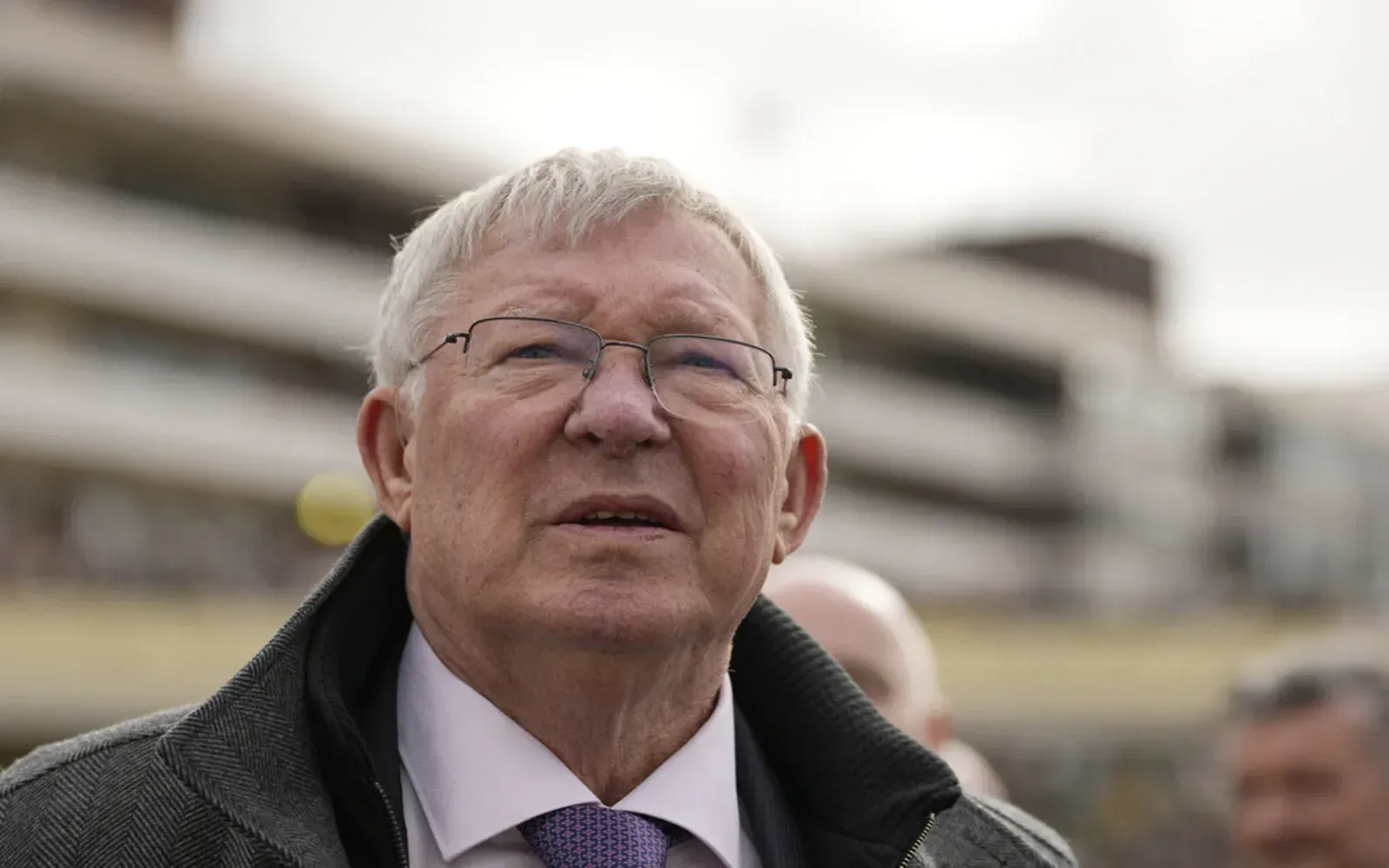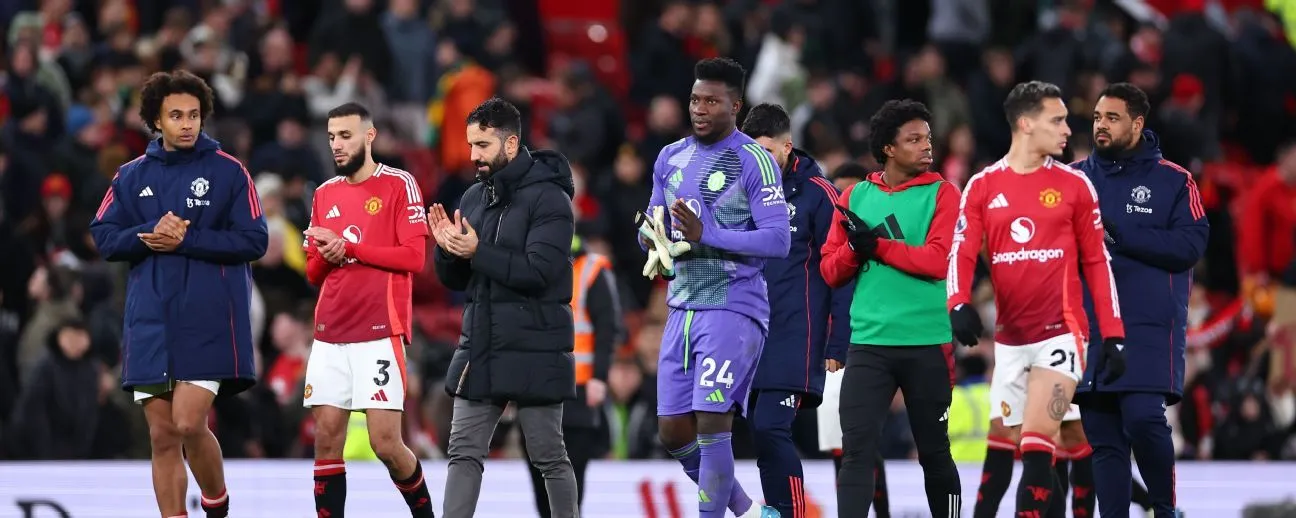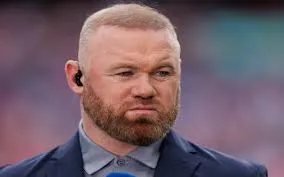Fergie blamed for Manchester United’s downfall by Lineker - is he right?
NewsMonday, 03 March 2025 at 19:33

Gary Lineker’s claim that Sir Alex Ferguson left Manchester United in a worse state than Jürgen Klopp did Liverpool is a bold one, and while it misses the mark in many ways, there is some truth to it.
The idea that Ferguson’s 2013 squad was unfit for the future is a fair point. He left behind a title-winning team—one that secured the league with four games to spare and an 11-point lead.
But, some key players like Rio Ferdinand, Ryan Giggs, and Patrice Evra were ageing, while Wayne Rooney's best days also proved to be behind him and the players coming through like Chris Smalling and Phil Jones were not good enough.
Read also
Ferguson ran United as a one-man empire in an era when football was evolving beyond that model. While Manchester City, Liverpool, and Chelsea modernized their structures with sporting directors, data-driven recruitment, and long-term squad planning, United remained stuck in the Ferguson way—where the manager controlled everything.
United Were Left Without a Footballing Structure
Ferguson’s dominance masked deeper problems. The club had no clear sporting strategy beyond his leadership, and the Glazers, who had relied on him to maintain success, were unprepared for his departure.
Instead of implementing a modern footballing structure, they handed power to Ed Woodward, a commercial expert with no footballing experience.
Read also
This is where the real issue lies. Klopp, by contrast, leaves behind a defined system at Liverpool, with a sporting director, recruitment strategy, and playing philosophy in place. United had none of that in 2013, which meant that every managerial change—from David Moyes to Ralf Rangnick—felt like starting from scratch.
Lineker blames Ferguson for the club’s decline since his departure. Yes, he left behind an ageing squad and an outdated setup, but that doesn’t excuse 12 years of poor decisions, scattergun recruitment, and a lack of long-term planning.
The likes of Woodward, Richard Arnold, and the Glazers had the resources to build a modern footballing operation but failed spectacularly. Ferguson was not responsible for:
- The £1.5 billion wasted on transfers
- The lack of a sporting director for years
- The constant managerial turnover without a clear plan
- The stadium and training ground falling behind modern standards
These are failures of leadership, not Ferguson’s legacy.
A Club That Failed to Move Forward
In truth, United didn’t collapse just because Ferguson left a weak squad—they collapsed also because they failed to evolve.
Lineker is right to point out the structural weaknesses Ferguson left behind and on top of this was the club’s inability to modernize after he left—something Liverpool, City, and Arsenal all managed to do.
loading
Loading





